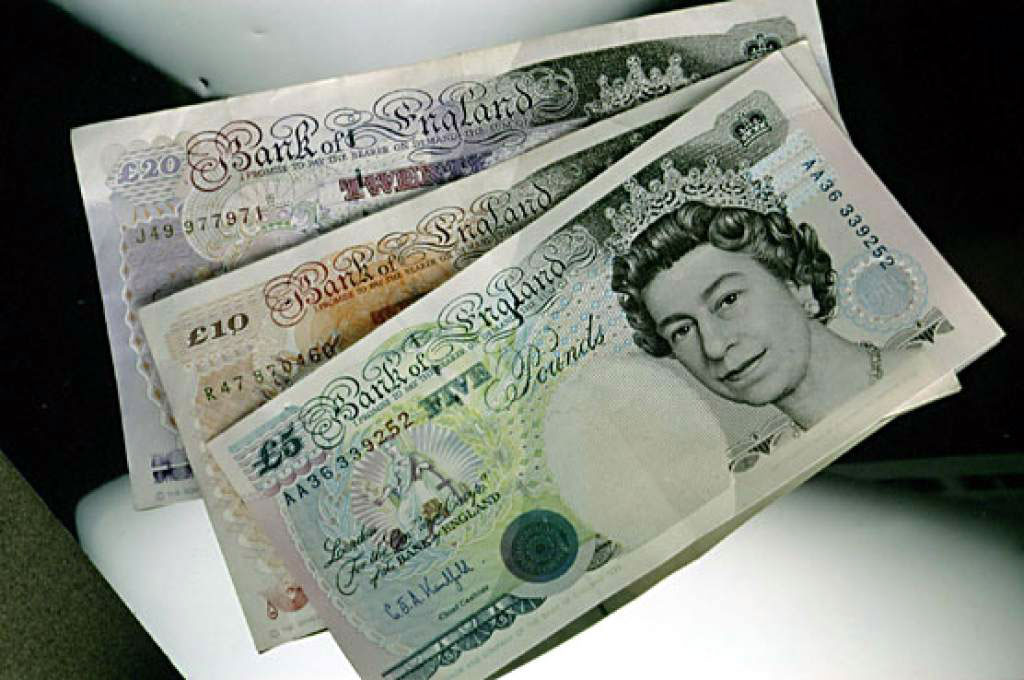
A purchasing managers' index (PMI) survey showing growth in Britain's construction industry tumbled to an 11-month low in July had little impact on the currency.
The pound briefly touched Tuesday's high of $1.3245 after the data, the strongest since mid-September, which it had hit after the equivalent survey for the manufacturing sector came in stronger than expected. It eased back to around $1.3235 by 0845 GMT, up around a quarter of a percent on the day.
"I don't think we took a lot of direction from the construction PMI, as it's such a small part of the economy," said RBC currency strategist Adam Cole. "...Cable (sterling/dollar) is really just being dragged up by euro/dollar at the moment."
"The key number is tomorrow's services PMI, which has on occasions influenced the MPC (BoE monetary policy committee)."
Thursday's PMI for Britain's dominant services sector will be followed by a policy decision, the quarterly Inflation Report, and then a press conference with Governor Mark Carney, in what has been dubbed "Super Thursday".
Although analysts agreed that the construction numbers did not matter too much for sterling, they nevertheless were the latest in a run of weaker data from the British economy, which got off to a sluggish start to the year with an annualised growth rate of just 1 percent.
That softer data - along with deep uncertainty about the way Brexit will play out and its impact on the economy - has cooled speculation that the BoE was poised to lift rates from record lows, which followed hawkish remarks by policymakers at the bank in recent months.
"The only thing which can break sterling strength (against the dollar) is if the BoE's governor is way too dovish tomorrow and provides no hints in relation to change in the bank's policy," said Think Markets analyst Naeem Aslam.
Against the euro, the pound was 0.2 percent down on the day at 89.58 pence, close to a nine-month low.